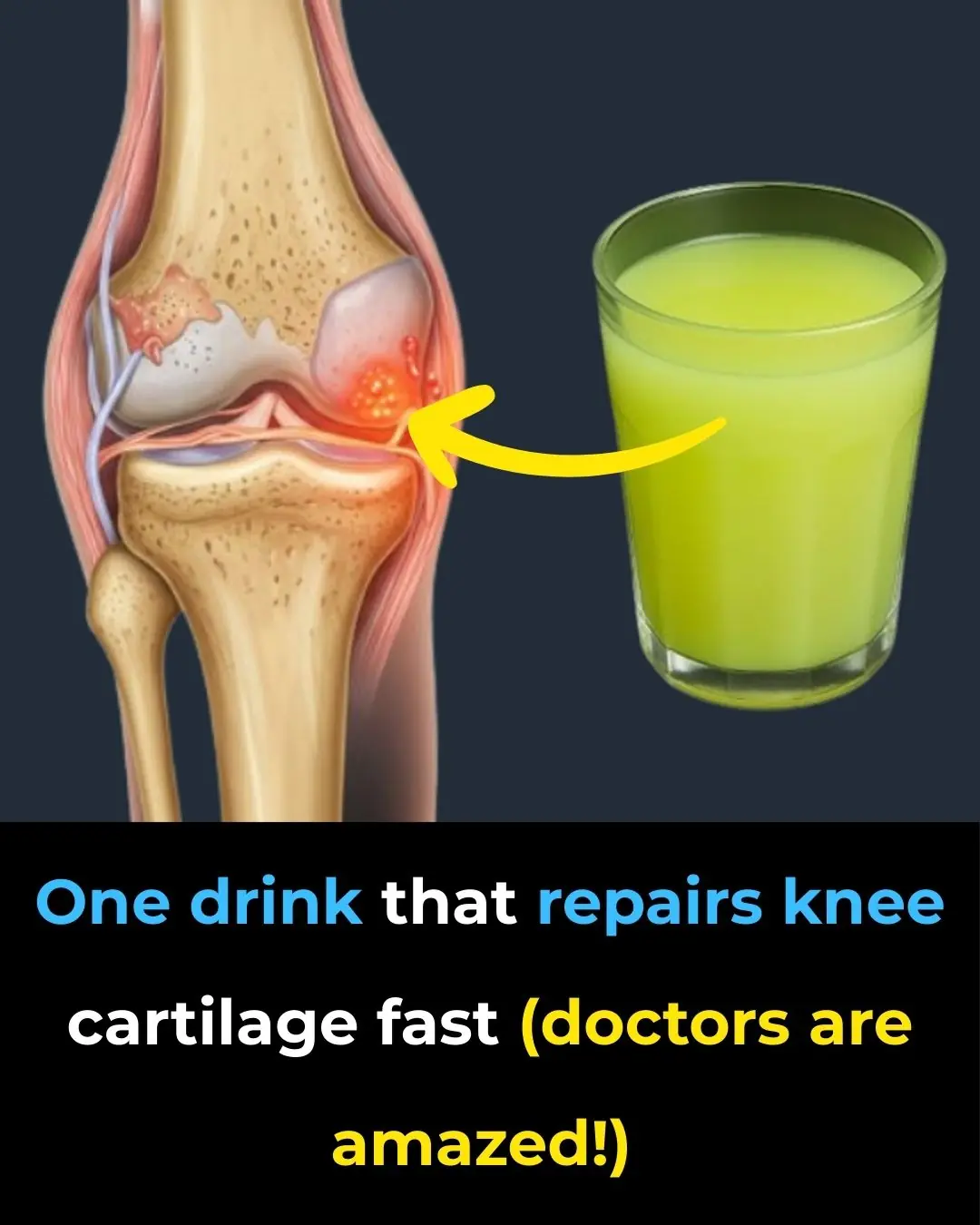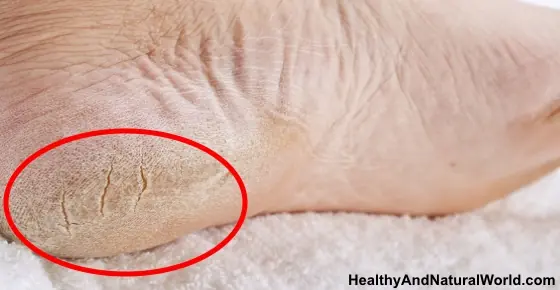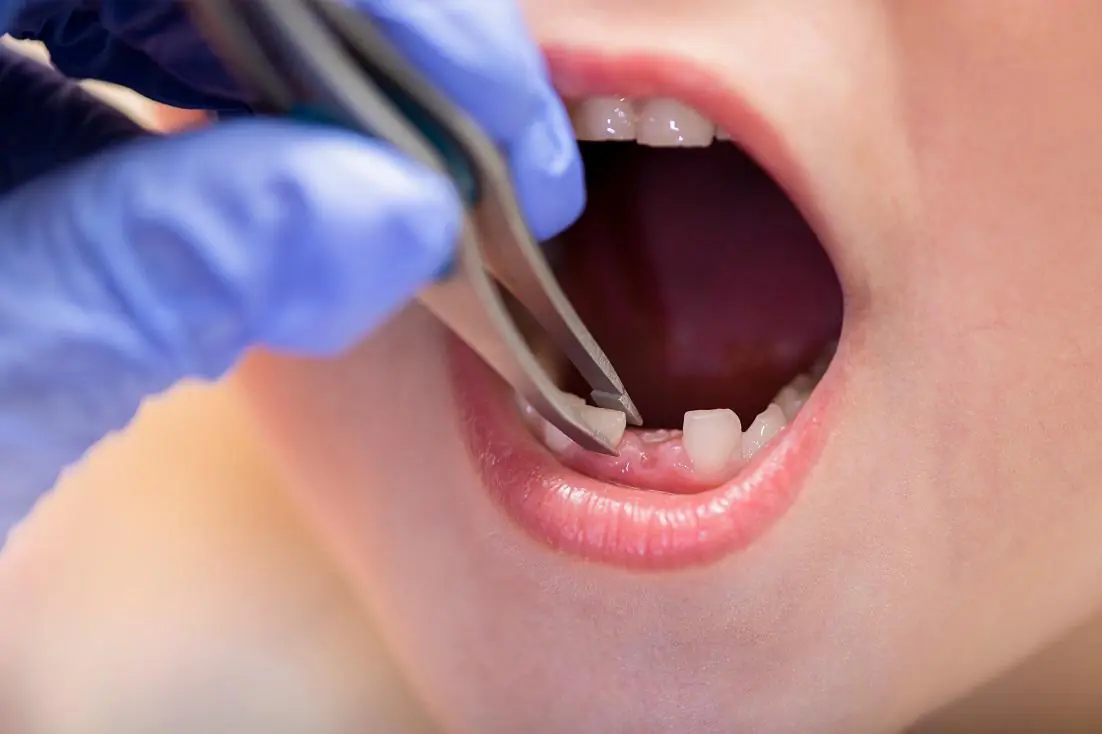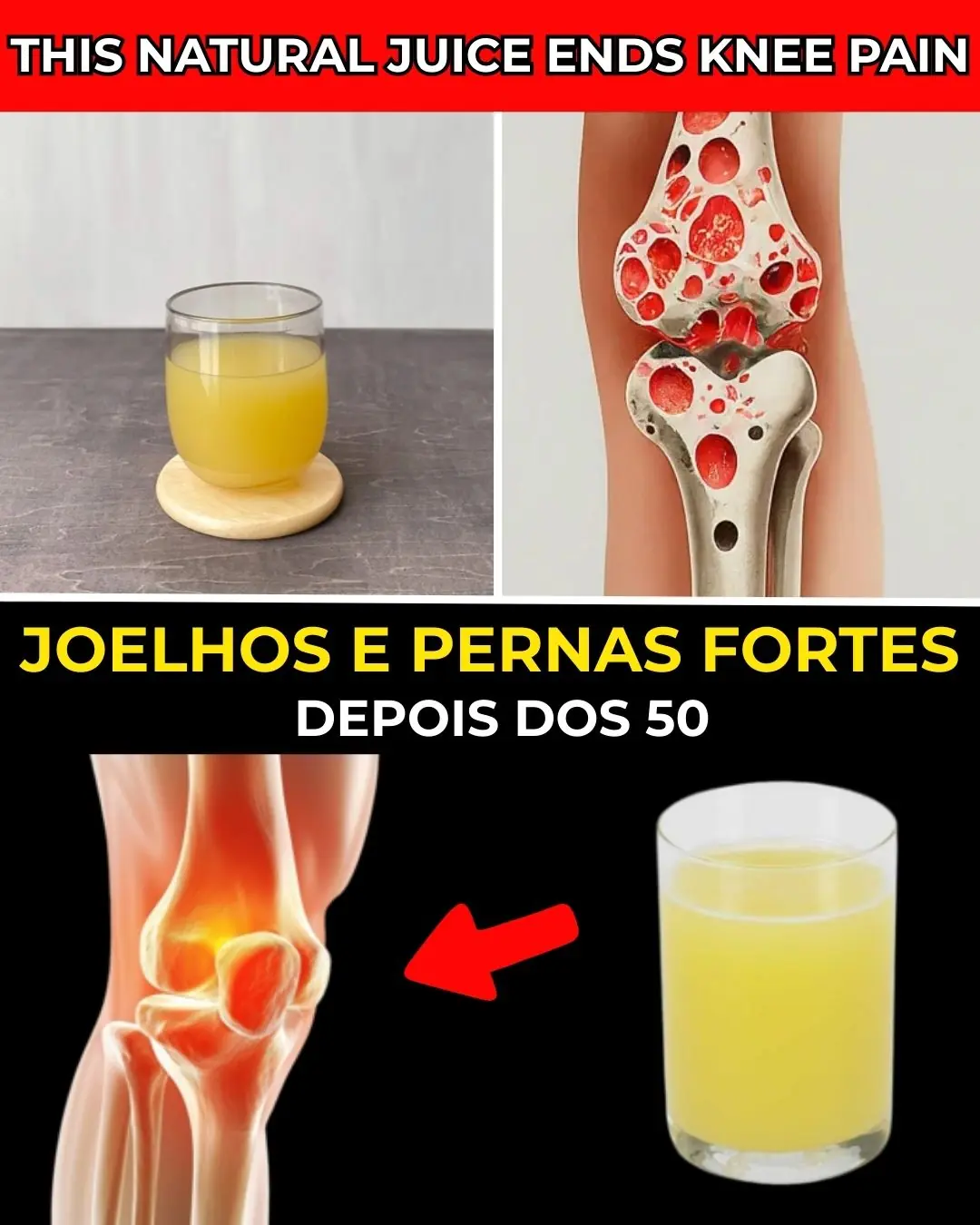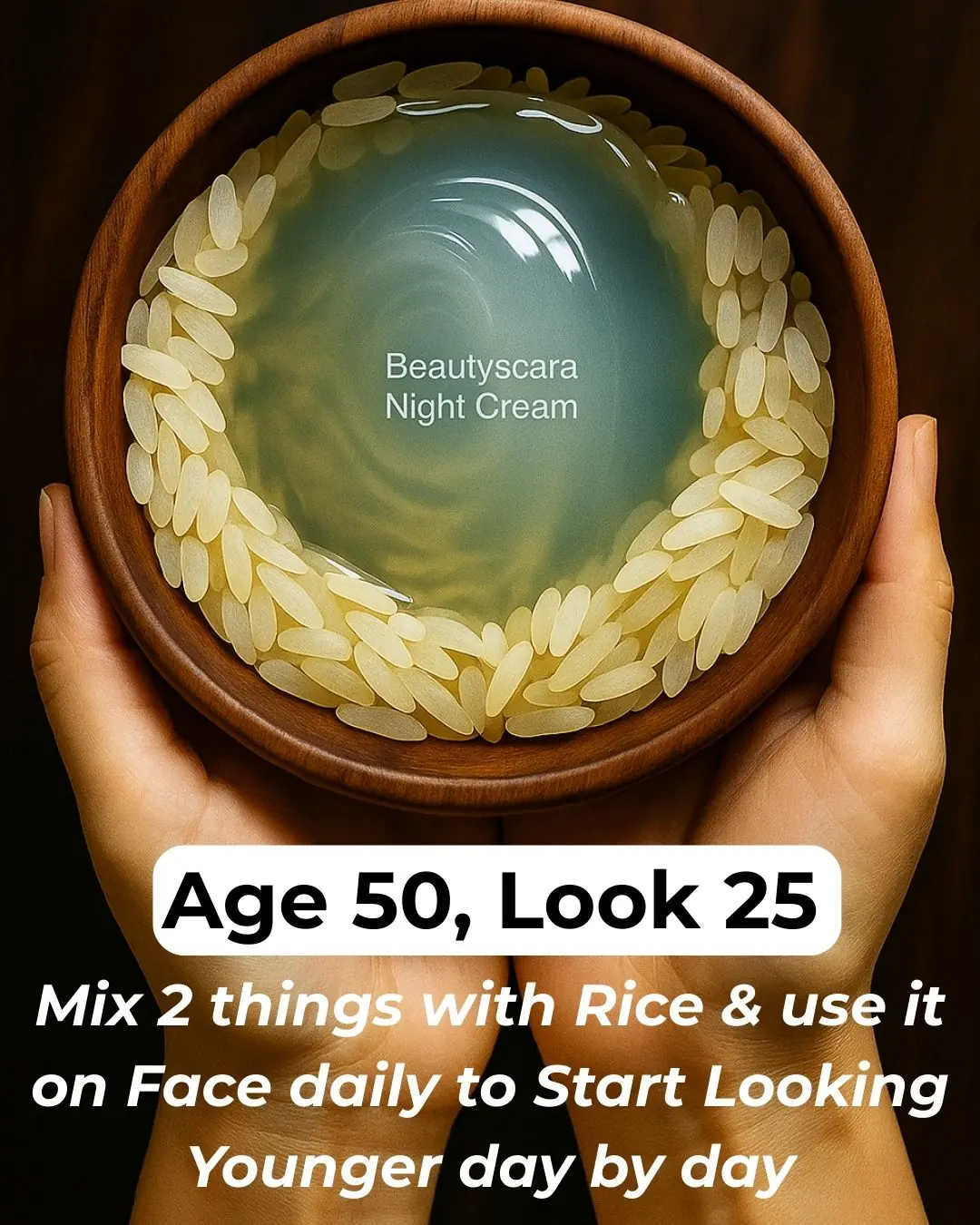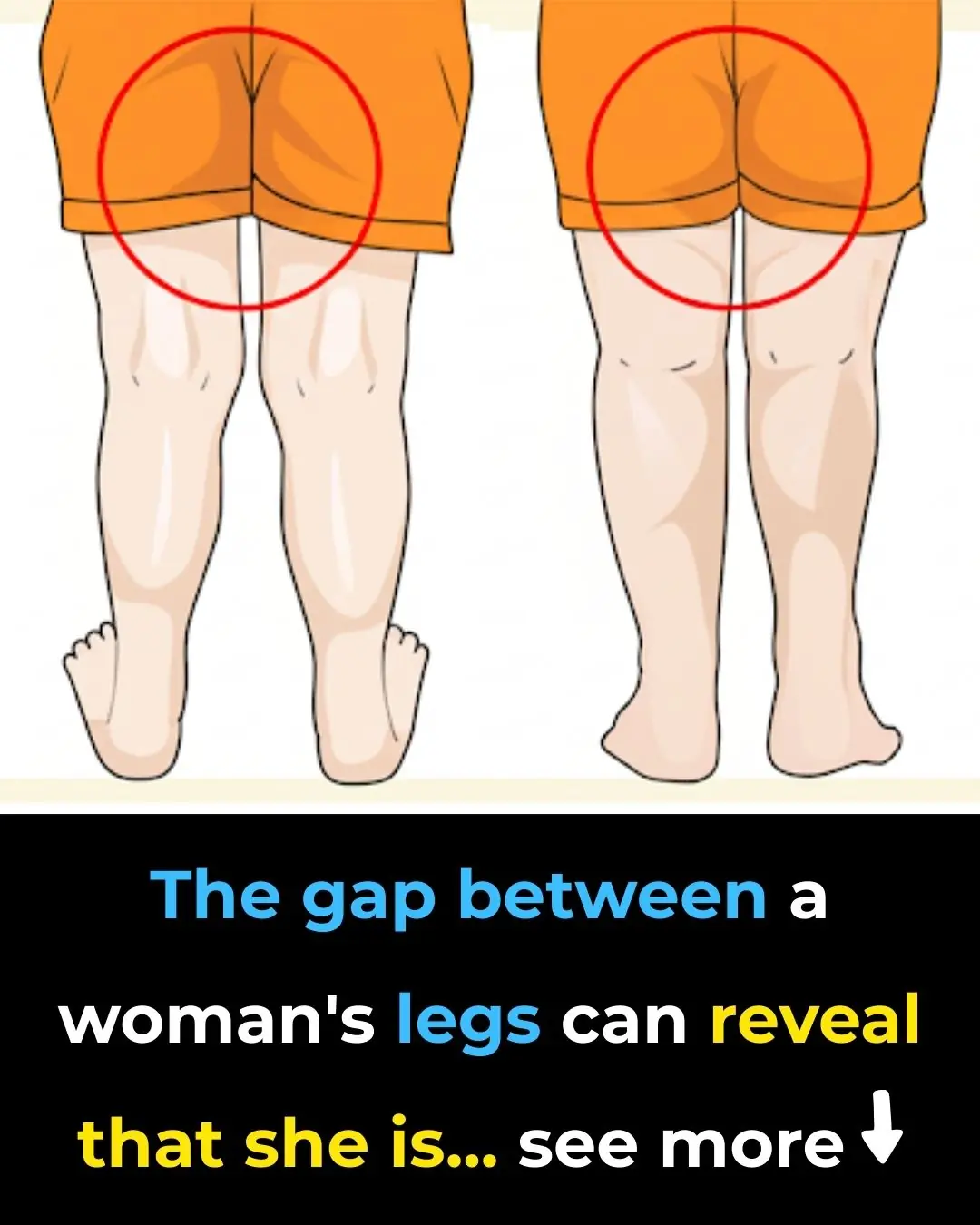Calcium crystal deposition may be a risk factor for knee osteoarthritis (OA), according to a new study.
In an analysis including more than 6400 middle-aged to older adults, individuals with knee chondrocalcinosis were 75% more likely to develop knee OA than those without the condition at baseline.
Because knee chondrocalcinosis and OA are often observed together, it is commonly considered a feature of the OA disease process, said Jean W. Liew, MD, an assistant professor of rheumatology at Boston University, Boston, and coauthor of the study.
“This study suggests that calcium crystal deposition is a cause of knee OA rather than just a consequence,” she told Medscape Medical News.
The analysis included data from two independent cohorts: the Rotterdam Study (RS) and the Multicenter Osteoarthritis Study (MOST). RS enrolled individuals aged 55 years or older residing in Rotterdam, the Netherlands. MOST, which recruited participants from Birmingham, Alabama, and Iowa City, Iowa, enrolled adults aged 50-79 years with preexisting knee OA or at increased risk for OA due to overweight status, knee injury, or knee symptoms.
Researchers examined the association between baseline knee chondrocalcinosis, measured via x-ray, and development of radiographic knee OA over time. Radiographic knee OA was defined as a Kellgren and Lawrence grade (KLG) ≥ 2 or if the individual had undergone knee replacement at follow-up.







